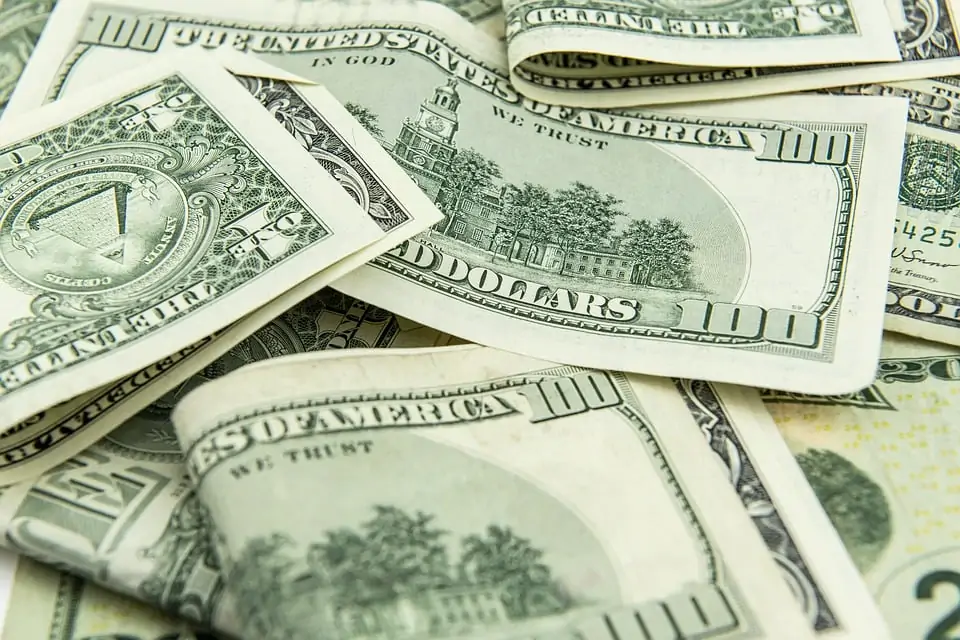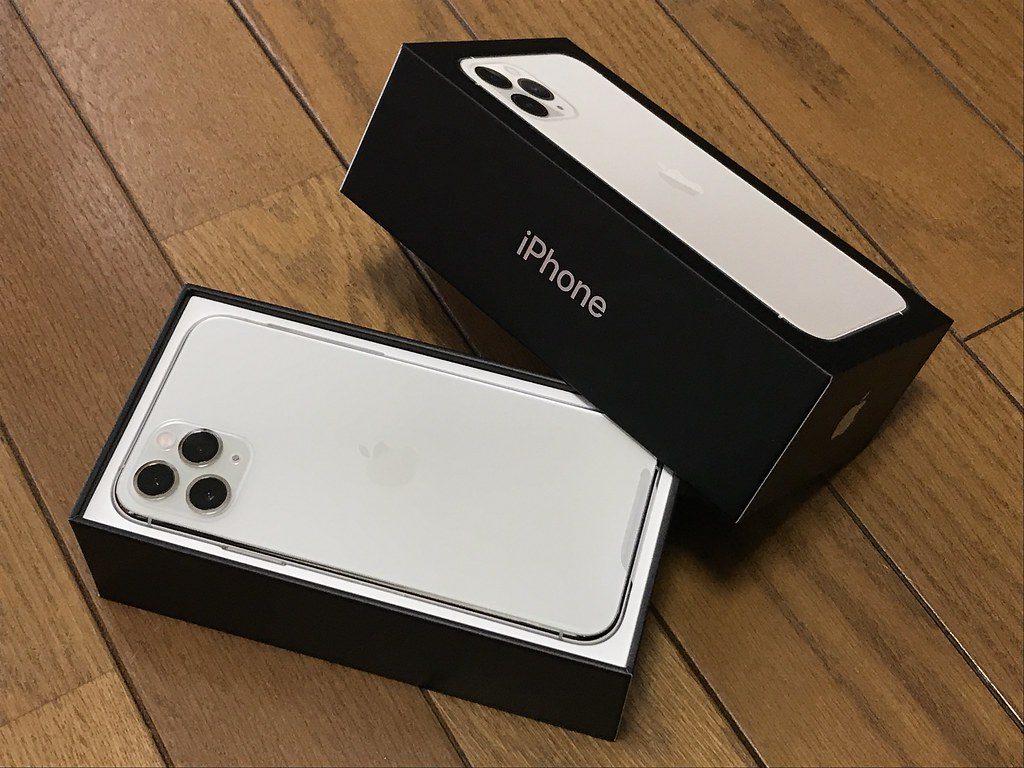For all the iPhone owners out there, a time might come when you’re thinking about upgrading your device. There are some different reasons for wanting to do so, and we’ll cover some of the most common ones in this article.
We’ll also talk about some of the practical considerations that might go into your decision. Those usually include your device’s age, its trade-in value, and your eligibility under your current phone plan.
Should I upgrade my iPhone? By the time we’re finished, you should have a definitive answer to that question.

Reasons for Upgrading an iPhone
Probably the most common reason that you’d want to upgrade your iPhone is if it’s at least a few years old. Apple has consistently put out a new iPhone every two years for upwards of the past decade.
When they do, the latest version often features innovations on which the company has been working. For instance, they might have come up with something like Hey Siri, a new and improved camera, or facial recognition technology since the last generation of the iPhone hit the market.
If you’re someone who loves new technology, then the prospect of checking out those new features may be enough of an enticement for you to upgrade your device. The aggressive ad campaigns that Apple always runs when they have a new iPhone coming out could play a part in that decision as well. Being bombarded with commercials might sway you.
Your Current iPhone Doesn’t Work So Well Anymore
Another reason that you might want to turn in your older iPhone version and get a new one is if your current one no longer works as well as it used to. iPhones are built to last, and if you treat yours gently, then there’s no reason why you can’t enjoy yours for many years.
That being said, a time will probably come when the device no longer holds a charge as well as it once did. The websites might not be as quick to load. The app responsiveness might not be as fast as it used to be. A combination of these things could be what it takes to convince you that it’s time for a trade-in.
Your iPhone Doesn’t Have Not Enough Storage
You might also be running out of storage on your current iPhone. There are some devices that only take up to 64 GB of storage.
That isn’t much if you’re someone who likes to stock up your music library or download non-native apps from the App Store. You could decide at some point that you want to go with a phone that has 128 GB of storage space, or even 256 GB.
While you can clear some of your iCloud storage or buy new storage, you may prefer to upgrade your device for a one-time payment.
The Age of Your iPhone Will Play a Part
Let’s say that you have an iPhone that’s several generations old. It has a home button, rather than the current versions that have gotten rid of it.
Your iPhone does not have facial recognition, so you use a passcode. Your camera doesn’t have many of the features that the most recent version does. That bothers you, because you have an active interest in photography.
If all of this is true, then you might want to get yourself a new iPhone, even if the one you have still works reasonably well.
You can probably get along with an older iPhone for several years. Eventually, though, the new tech that’s available in the recent versions is probably going to seem too appealing to pass up.
Besides, you might feel left behind if all of your friends and family members have a newer version than you do. For example, you may want to sell your iPhone 11 in favor of the most recent version, the iPhone 14.
Many consumers feel that the changes made between the iPhone 11 or earlier models and what you get with the new iPhone 14 warrant a trade in. They mention enhanced durability, camera upgrades, better battery life, screen quality, and overall performance as reasons to make the switch.
Upgrading an iPhone through Your Cellular Service Provider
The next factor in determining whether it’s time for an iPhone upgrade is going to be what kind of a contract or agreement you have with your current cellular service provider.
Maybe you’ve gone with one of the most prominent names in the industry, like Verizon, Sprint, T-Mobile, or AT&T. Perhaps you’ve decided on one of their subsidiaries or a lesser-known alternative.

Whichever one you’re using, you’ll need to think about whether you’re locked into a contractual agreement that stipulates when and under what circumstances you can upgrade your current iPhone to a newer version.
There are some contracts that allow you to upgrade to a new iPhone every two years or even every year in some cases. If that’s true for yours, then you can get the latest model of iPhone as soon as you reach that point in your contract.
It’s generally the more expensive, high-end contracts that let you get a new iPhone every two years. With such agreements, you are not leasing your phone with the intention of buying it when the contract is up.
Instead, you’re leasing it with no plan to buy, so you’re establishing no ownership of the phone. Some individuals have no problem with contracts that are structured that way. That’s because they know that they’ll get a new iPhone pretty much as soon as every generation hits the market.
What About if You Don’t Have a Contract with Your Service Provider?
It’s just as common for people to not have contracts with their cellular service providers anymore. Instead, they pay a set rate per month for limited or unlimited streaming data, and possibly some other perks as well. They can cancel their service any time they want, with no fees at all.
Usually, those agreements don’t mention anything about getting a new cell phone every year or two years. Instead, you’re leasing your iPhone with the eventual goal of owning it. Alternatively, you might already own your device outright, and you bought it from another entity besides the service provider.
In such situations, it’s going to be up to you when you want to get a new iPhone. The cellular service provider that you’re using is not going to have anything to do with it.
In a sense, that sort of setup can be liberating, since you can look for and get a new cell phone any time you want one. Of course, that’s going to be dependent on whether you feel it’s worth it to pay whatever it’s going to cost for the new device. Brand-new iPhones don’t come cheap.
You Can Put the Value of Your Current iPhone Toward Your Trade-In
This leads us to how much your current iPhone is worth, and whether you’ll want to sell yours to put the money you get from it toward the purchase of your upgrade.

If you own your old iPhone outright, then it makes good financial sense to take whatever you can get from the sale of it and put that toward the purchase price of your new, top-of-the-line model.
Generally speaking, the newer your iPhone is, and the better its condition, then the more you can get for it. You can sell your old iPhone through BuyBack Boss. Once the money comes to you via check or PayPal, then you can get yourself the latest model.
Alternatively, if you don’t feel like you can afford the newest one with all the bells and whistles, then you can still get a more recent version that has more of the latest features than the one you sold.
Time to Make a Decision

When deciding whether you want to upgrade your iPhone, you should keep in mind all of the factors we mentioned.
How old is your phone, and how much do you want the latest one? Are you guaranteed a new one at a set time through your cellular service contract? If you can’t get much money for your old phone, then are you still willing to spend several hundred dollars or more for a new one?
Your unique situation will determine your best course of action. Remember this, though: you might want a new phone, but if your current one still works and you can’t really afford an upgrade at this time, then don’t spend beyond your means.
Wait until such time as you have some extra money, and you can afford to treat yourself. That’s the key to being responsible when it comes to all major purchases, not just iPhones.






